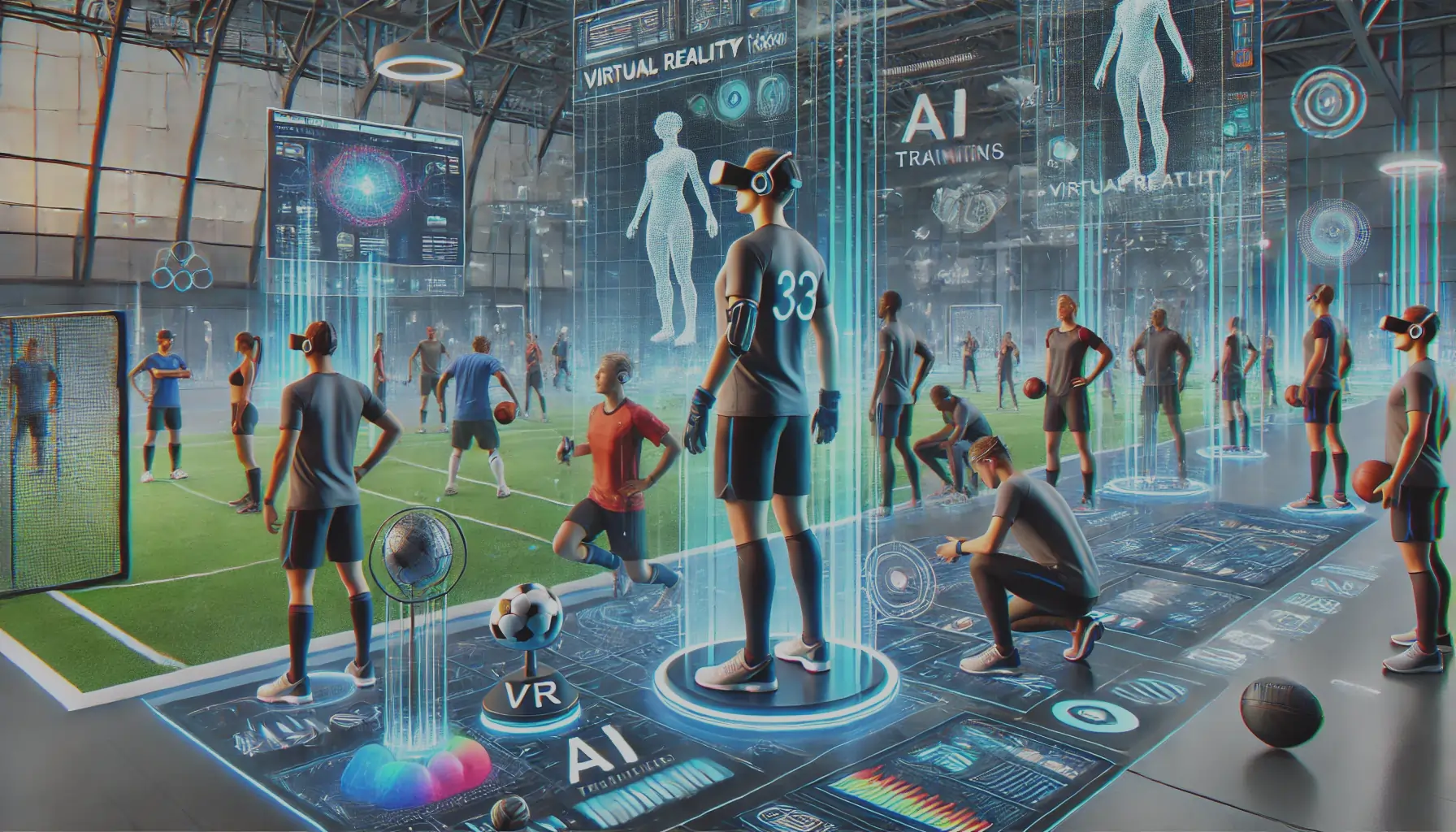
In the realm of sports, the pursuit of excellence is unending. Athletes and coaches are constantly on the lookout for innovative methods to push the boundaries of performance. India, with its rich sporting culture, is at the forefront of embracing these technological advancements.
In this blog we’ll cover
Virtual Reality (VR): A Game-Changer for Cricketers
Cricket, a sport woven into the fabric of India's culture, has seen remarkable advancements in training methodologies. Virtual Reality (VR) stands out as a revolutionary tool, offering cricketers immersive training experiences that replicate real-life scenarios without the constraints of time, location, and physical strain. VR training systems, such as those developed by leading sports technology firms, enable players to practice against virtual bowlers, offering a variety of delivery types, speeds, and swing options. This not only improves their reaction times and decision-making skills but also provides a safe environment for mastering technique without the risk of injury.The use of VR extends beyond batting practice. It encompasses fielding drills, where players can enhance their agility, and catching skills, and understand complex field placements. Additionally, VR aids in mental conditioning, preparing athletes for high-pressure situations through simulated match conditions. This holistic approach to training is a testament to how VR is not just an innovation but a revolution in cricket training.
AI in Coaching: Personalized Feedback at Scale
Artificial Intelligence (AI) in sports coaching in India is no longer a futuristic concept but a present-day reality. AI-powered platforms are providing personalized training regimes, performance tracking, and actionable insights to athletes across various sports. These systems use data analytics and machine learning algorithms to analyze an athlete's performance, identify strengths and weaknesses, and recommend customized training programs.For instance, AI technology is being utilized to improve the technique of athletes. High-speed cameras coupled with AI algorithms analyze movements in great detail, offering feedback that is often imperceptible to the human eye. This capability is invaluable for sports where technique plays a crucial role in performance, such as badminton, tennis, and athletics.Moreover, AI is revolutionizing injury prevention and recovery. Predictive analytics are used to assess an athlete's risk of injury by analyzing training loads, biomechanics, and historical injury data. This proactive approach enables coaches and trainers to tailor training schedules that minimize injury risk, ensuring athletes remain at the peak of their physical health.
Integrating VR and AI: A Synergistic Approach
The integration of VR and AI technologies offers a synergistic approach to sports training. VR provides a realistic and immersive training environment, while AI offers the analytical depth to tailor training to the individual athlete's needs. Together, they provide a comprehensive training solution that is both innovative and effective.For example, in cricket, a VR system equipped with AI can track a player's performance over time, offering insights into their progress and areas needing improvement. It can simulate match scenarios based on the player's weaknesses, allowing for targeted practice. This personalized training approach not only enhances skill development but also boosts the athlete's confidence.
The Impact on Coaching and Athlete Development
The adoption of VR and AI in sports training is redefining the roles of coaches and trainers. It empowers them with data-driven insights, enabling a more scientific approach to training. Coaches can monitor the progress of their athletes in real-time, make informed decisions, and provide precise feedback, all of which contribute to the athlete's overall development.Athletes, on the other hand, benefit from a training regimen that is tailored to their unique needs. The use of VR and AI fosters a culture of continuous improvement, where athletes can visualize their progress, understand the effectiveness of their training, and stay motivated.
Challenges and the Way Forward
Despite the promising potential of VR and AI in sports training, there are challenges to be addressed. The high cost of technology and the need for specialized infrastructure can limit access, especially for athletes from less privileged backgrounds. Moreover, the reliance on technology should not overshadow the importance of traditional coaching methods and the human element in sports.To overcome these challenges, a balanced approach is needed. Efforts should be made to make these technologies more accessible and to educate coaches and athletes about the benefits of integrating technology with traditional training methods. The future of sports training in India looks bright, with VR and AI leading the charge towards a new era of athletic excellence.
Conclusion
The integration of VR and AI technologies in sports training is not just transforming
Tags
Comments (0)
Weekend Reads
Mastering the Game: 10 Essential Tips for Amateur Athletes in India
January 8th, 2024 6:41 AM UTC
The Rise of Mixed Martial Arts: From Underground to Mainstream
January 3rd, 2024 12:36 PM UTC
Evolution of Football in the NCR
January 2nd, 2024 2:25 PM UTC
The Kings of 64 Squares: Unveiling the Chess Grandmasters of India
December 25th, 2023 6:59 PM UTC
Captaincy Chronicles: Dive into Mumbai Indians' Dynamic Shift!
December 25th, 2023 6:51 PM UTC
Rising from Athletic Setbacks: A Journey of Resilience and Triumph
December 25th, 2023 6:39 PM UTC
Doubles Dynamism: Charting the Course of Emerging Stars in Indian Badminton
December 25th, 2023 6:22 PM UTC
The Unbreakable Bond: Witnessing the Symbiosis Between a Coach and an Athlete
December 25th, 2023 6:10 PM UTC
Jwala Gutta's Game-Changing Move: Celebrating Sindhu, Empowering Future Cricket Stars
December 25th, 2023 5:31 PM UTC
Most Reads
Sanju Samson's Redemption: From Setbacks to Centuries
December 25th, 2023 5:17 PM UTC
Evolution of Football in the NCR
December 25th, 2023 6:00 AM UTC
Sonu Jaglan's Spectacular Performance Leads Gujarat Giants to Victory in Pro Kabaddi League Showdown
December 13th, 2023 8:14 PM UTC
The Future of Sports Technology: Enhancing Athlete Development in the Digital Age
December 13th, 2023 8:08 PM UTC
Strategic Planning for Collegiate Athletics: A Roadmap for Aspiring College Athletes
December 13th, 2023 7:56 PM UTC
Mental Toughness in Sports: Cultivating Resilience for Long-Term Success
December 13th, 2023 7:42 PM UTC
Inclusive Athletes: Ensuring Long Term Development Opportunities For All
December 13th, 2023 7:34 PM UTC
The Role Of Nutrition In Athletic Longevity:A Comprehensive Guide For Athletes
December 13th, 2023 7:16 PM UTC
Balancing Academics and Athletics: A Guide for Student-Athletes and Their Families
December 13th, 2023 7:00 PM UTC
Most Popular
Local Sports Events and Tournaments
February 29th, 2024 12:07 PM UTC
Women in Indian Sports
February 29th, 2024 11:32 AM UTC
Fitness and Health Tips for Athletes: Expert Advice for Peak Performance
February 22nd, 2024 1:38 PM UTC
Revolutionizing the Game: The Future of Sports Training in India with VR and AI Technologies
February 19th, 2024 12:54 PM UTC
Emerging Sports Leagues in India: A New Arena of Athleticism and Engagement
February 17th, 2024 10:40 AM UTC
Rising Sports Stars in India: Unveiling the Future Champions
February 15th, 2024 5:29 PM UTC
Unleashing the Power of Raiders: The Heartbeat of Pro Kabaddi League
February 15th, 2024 6:46 AM UTC
Running Through History: The Delhi Marathon 2024 Experience
February 14th, 2024 11:58 AM UTC
Navigating Success: The Case for Hiring a Personal Coach
January 19th, 2024 5:14 PM UTC
Beyond Boundaries: Unveiling India's Sporting Tapestry with Hidden Gems
January 19th, 2024 5:11 PM UTC
Shattering Glass Ceilings: A Journey Through the Triumphs of Women in Sports
January 17th, 2024 7:00 PM UTC
Decoding the Game: Unveiling the Intricacies of Players' Agents
January 17th, 2024 2:02 PM UTC
Unveiling the Art: Breaking Down the Basics of Boxing for Beginners
January 16th, 2024 8:57 AM UTC
Elevating Performance: The Symbiotic Relationship Between Mental Health and Sports
January 16th, 2024 3:50 AM UTC
Game-Changers: The Evolution of Sports Through Wearable Technology
January 14th, 2024 4:43 AM UTC
Unveiling the Power Duo: Strength Training vs. Cardio for Optimal Fitness
January 12th, 2024 4:43 AM UTC
The Transformative Power of Yoga and Meditation in Sports Performance
January 11th, 2024 6:37 PM UTC
Beyond Sweat and Grit: Unveiling the Future of Sports Training through Technological Mastery
January 9th, 2024 7:28 PM UTC
Unlocking Athletic Potential: The Crucial Role of Post-Workout Recovery
January 9th, 2024 12:00 PM UTC





















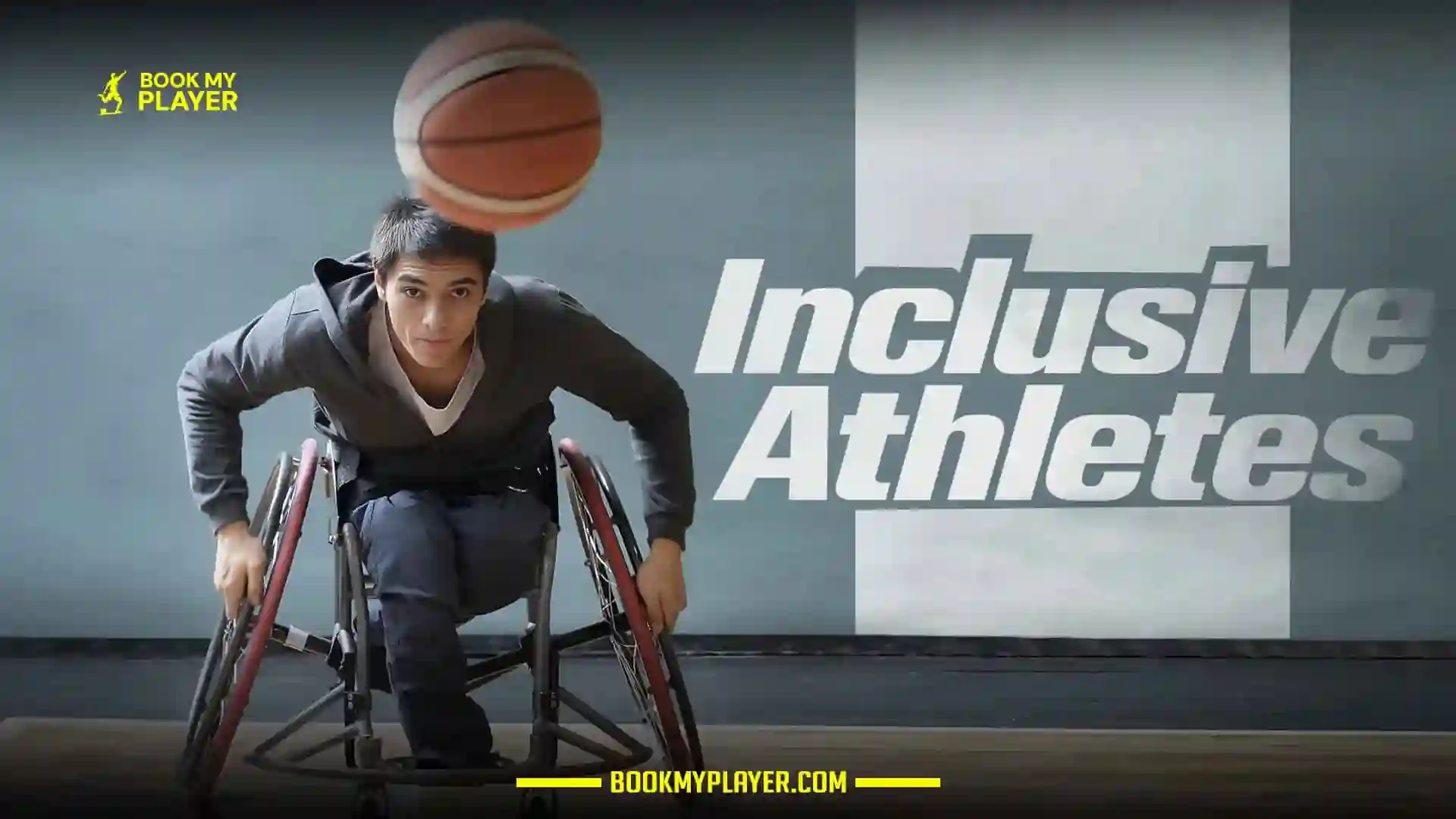


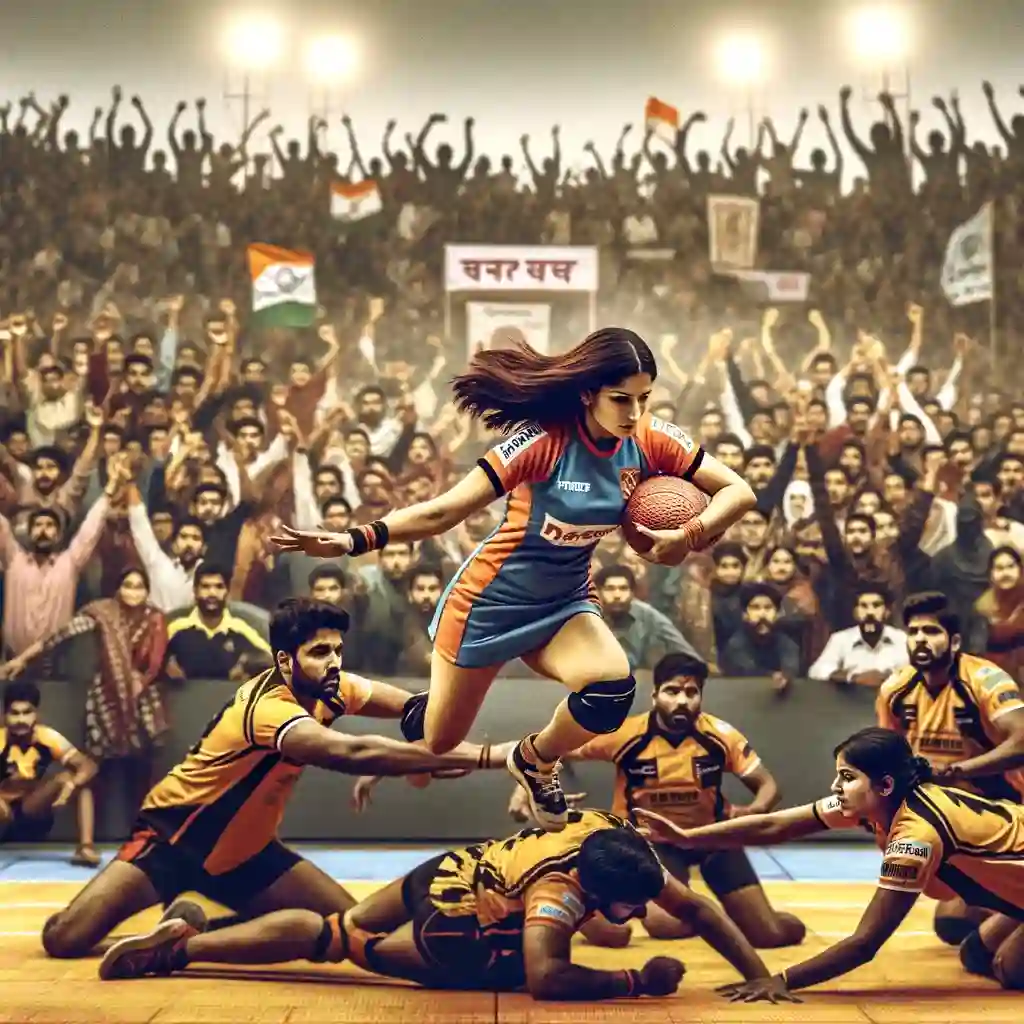
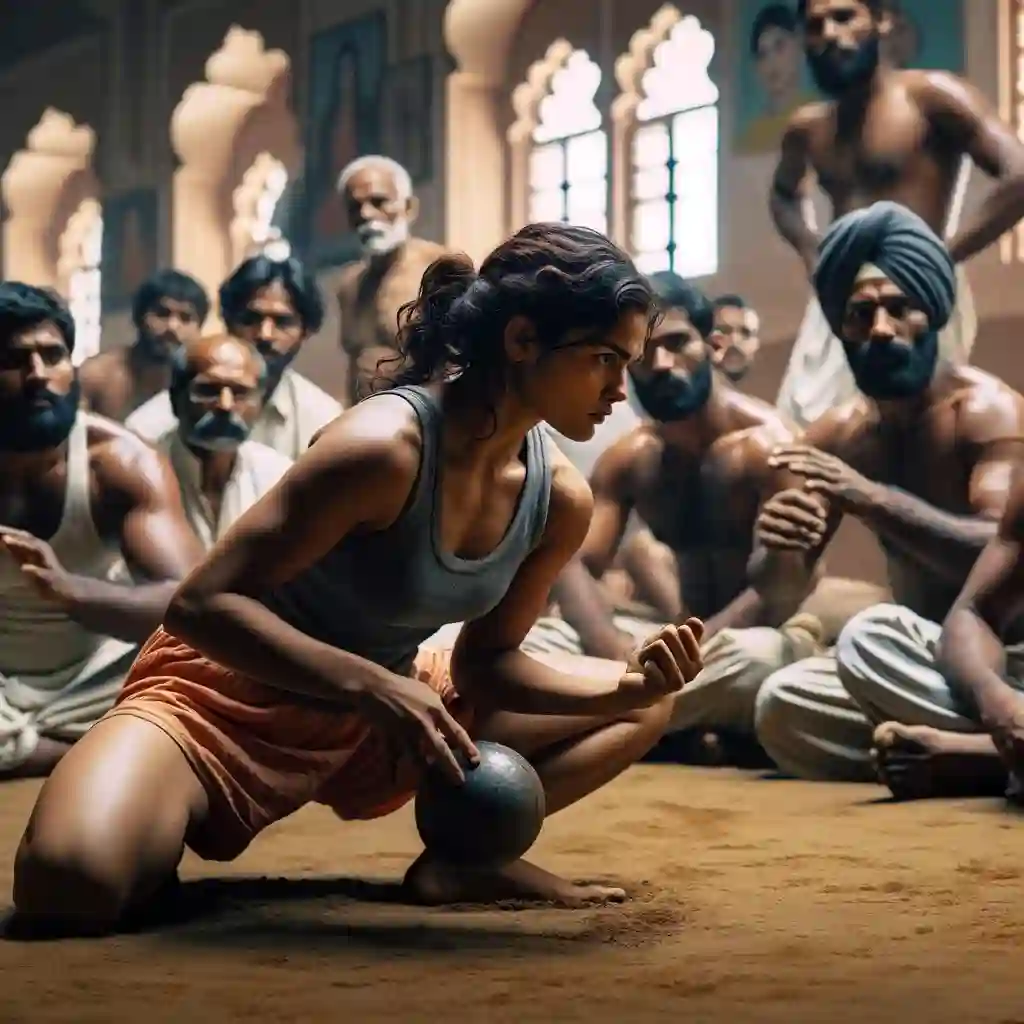

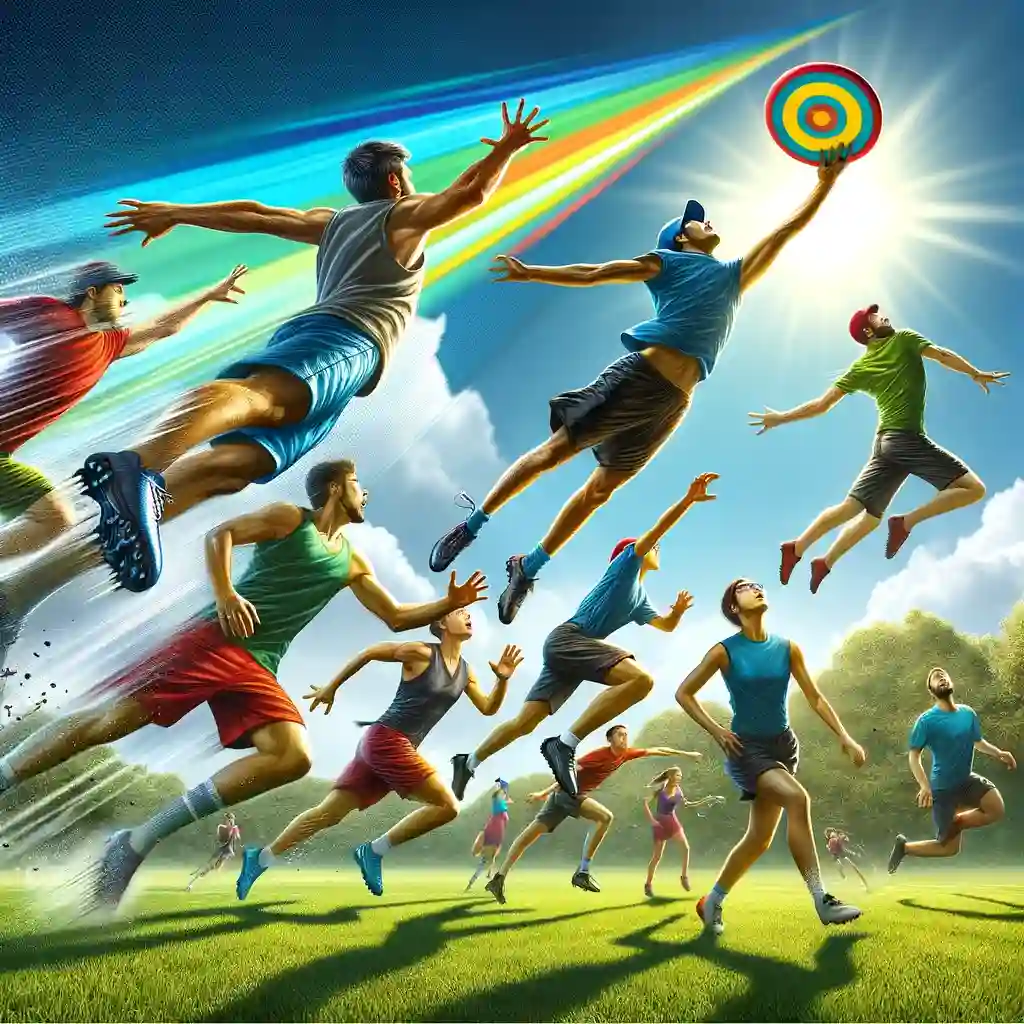
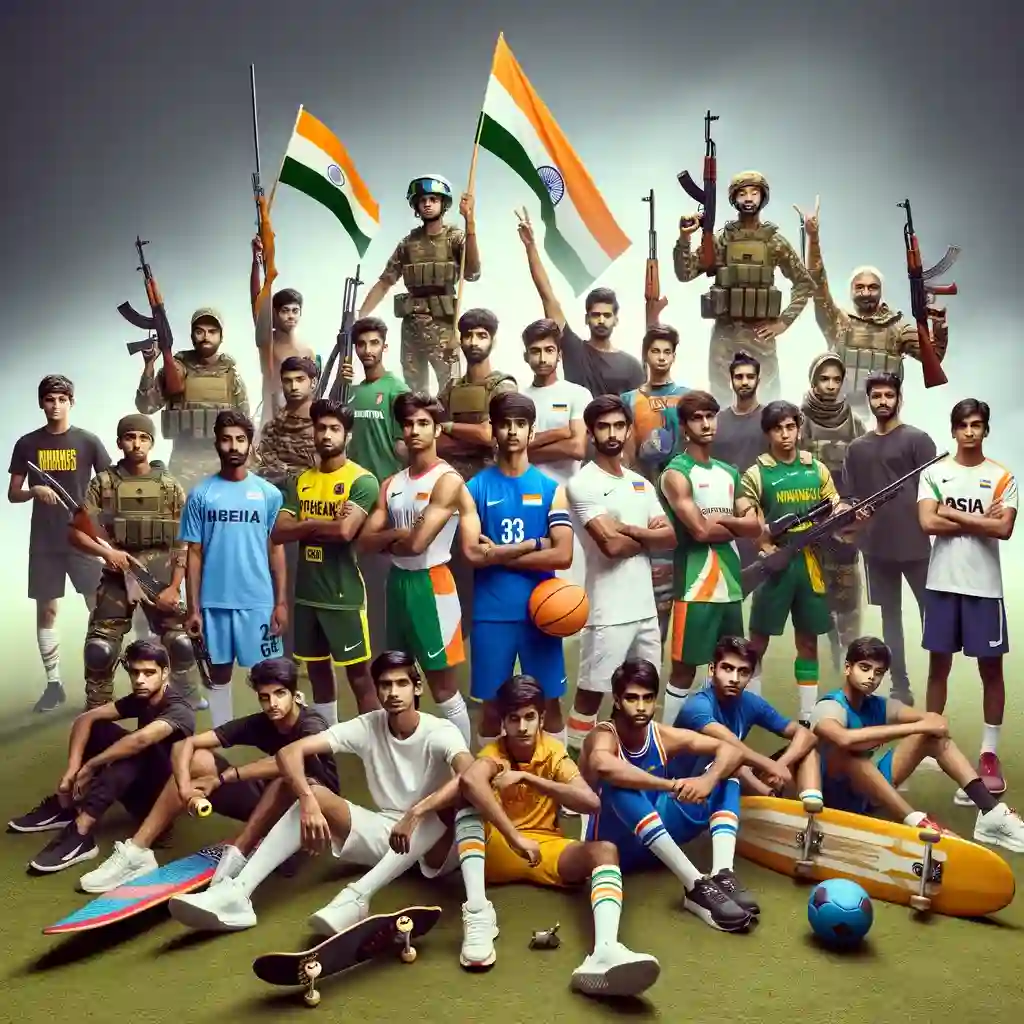













Leave a Comment